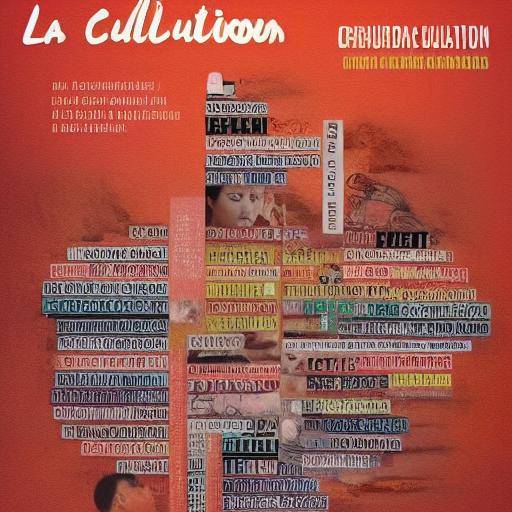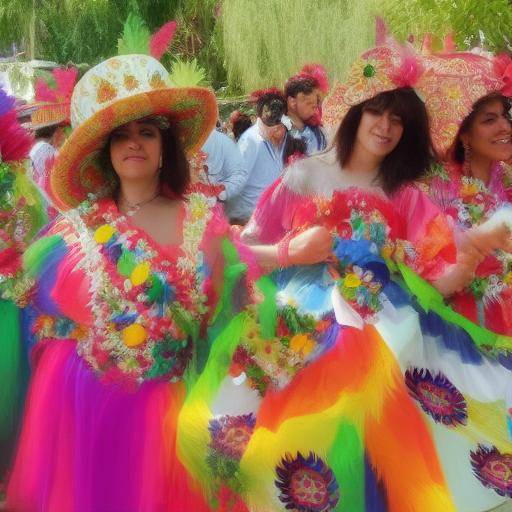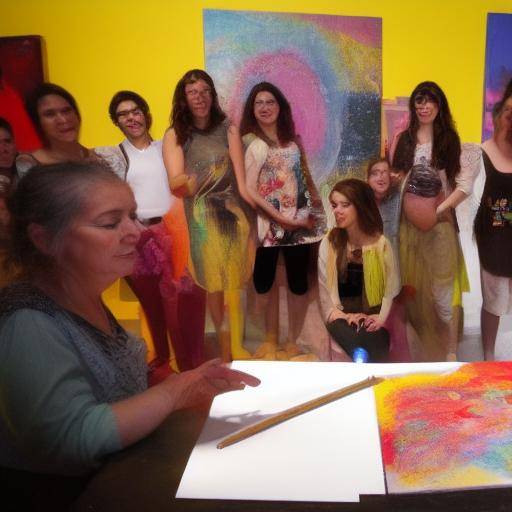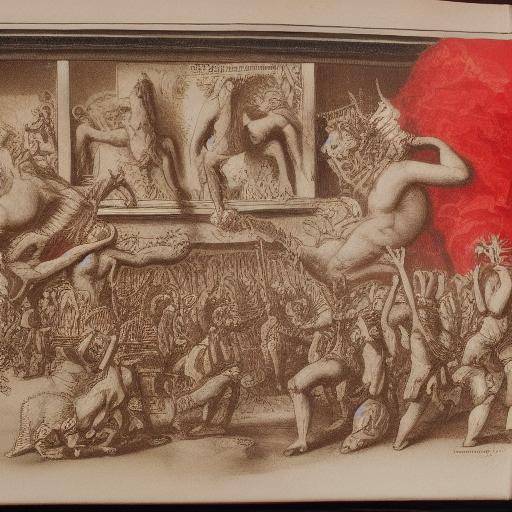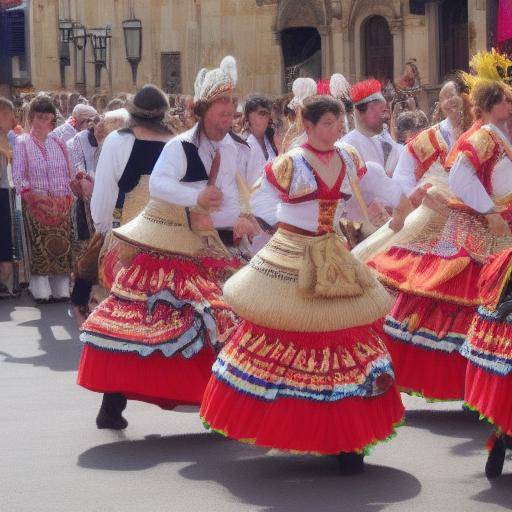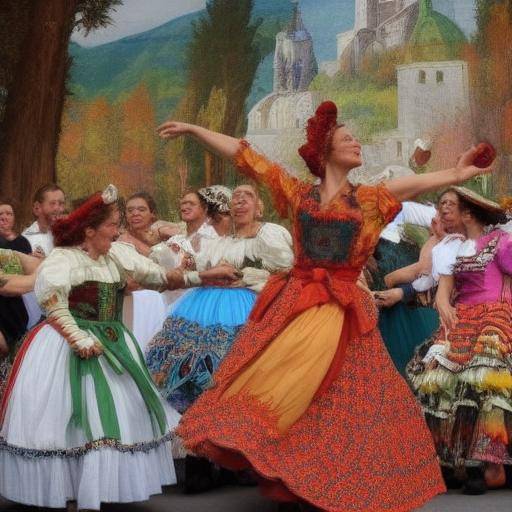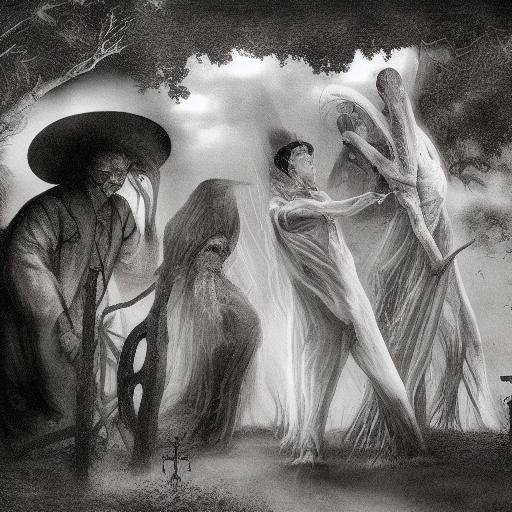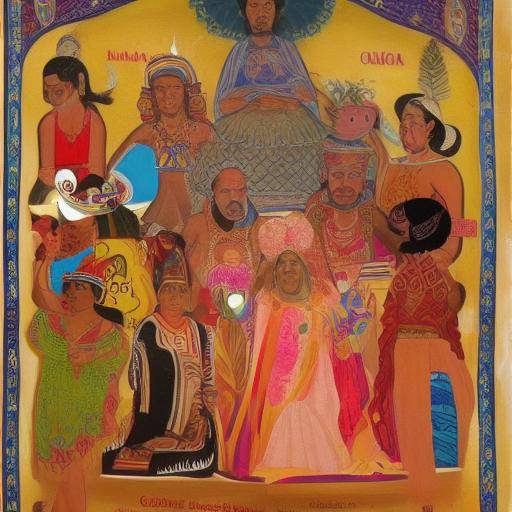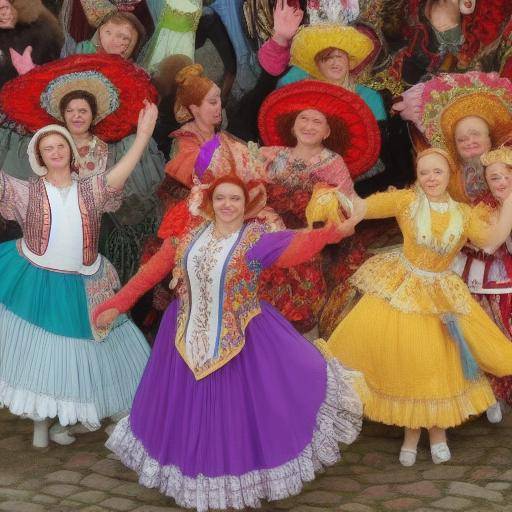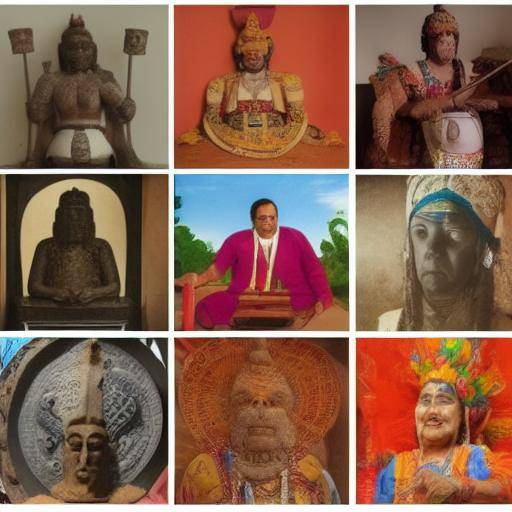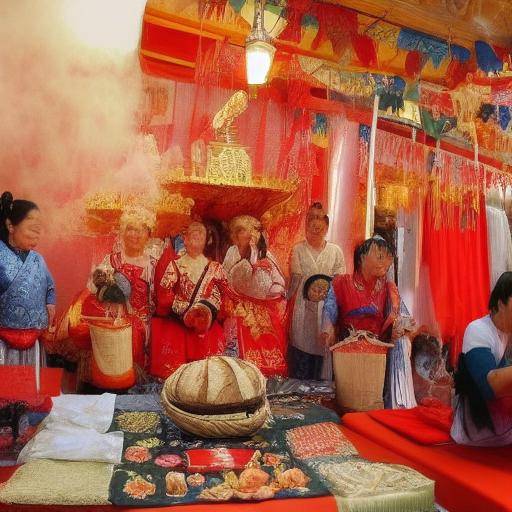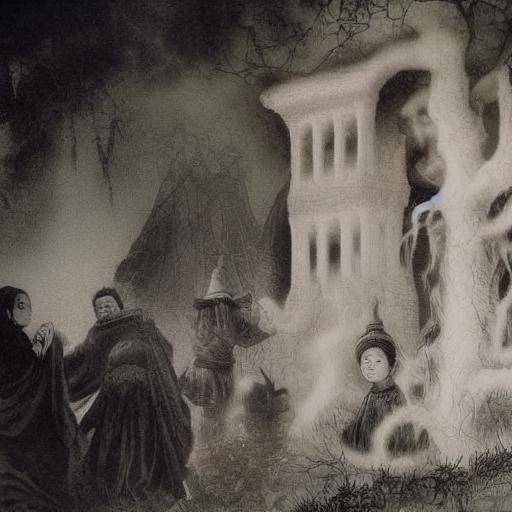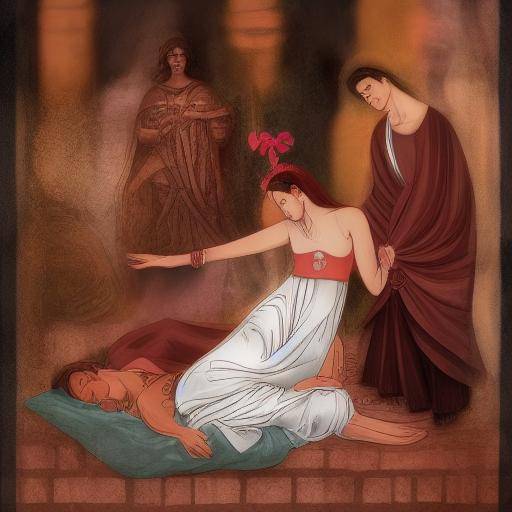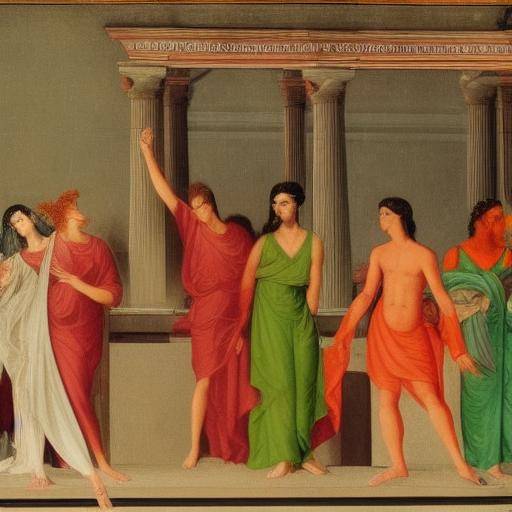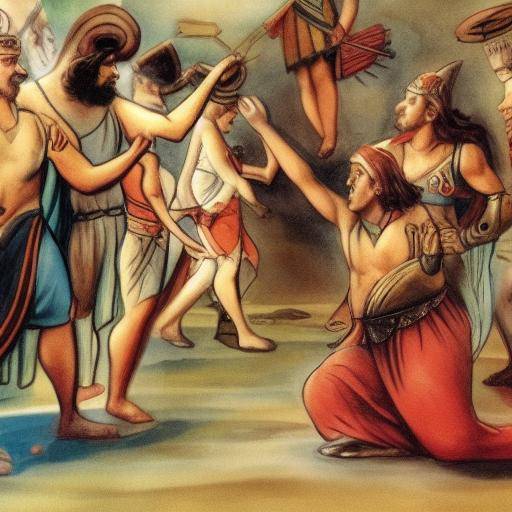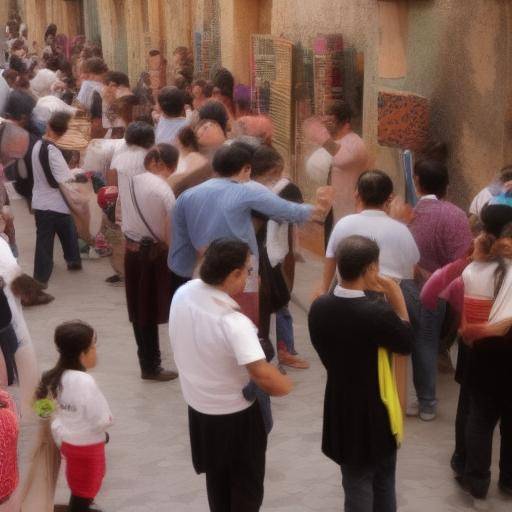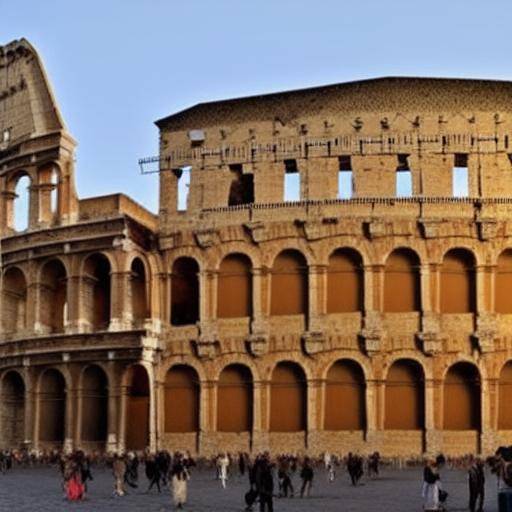
Roman mythology is one of the most fascinating cultures of ancient times, full of legends, gods and practices that followed very specific rituals. The augurs, in particular, played a crucial role in political, military and religious decision-making within this culture. In this article, we will explore in depth the role of augurs in Roman culture, their importance, practices and their impact on the society of the time. In addition, we will analyze the relationship between omens, Roman mythology and its influence on culture in general, providing a complete and detailed view of this fascinating theme.
Introduction
The augurs were priests specializing in the interpretation of the divine signs, known as "auspices". Their role was crucial in making important decisions, since it was believed that the gods sent signs through natural phenomena, such as the flight of birds or lightning. These signs were interpreted by the omens to determine whether an action was favorable or unfavourable. In a world where religion was closely intertwined with everyday life, the augurs had significant power and their influence extended to all aspects of Roman society.
History and Background
The augurs played a fundamental role in ancient Rome, and their influence spread over centuries. They go back to the very foundation of the city of Rome, which shows the importance given to them from the beginning. The process of interpreting the auspicious was highly codified and ritualized, reflecting the seriousness with which these prognoses were taken. Throughout Roman history, the augurs were closely linked to political and military figures, advising on making decisions crucial to the fate of the Roman Republic.
The role of the omens evolved over time, adapting to social and political changes in ancient Rome. As the empire grew, its influence extended to distant provinces, which in turn led to the integration of new practices and beliefs. The augurs became a fundamental pillar of the stability and legitimacy of the government, playing an important role in the social and political cohesion of the empire.
Analysis in Deep
The practice of divination through the aegis was not exempt from criticism and controversy. As Roman society evolved, skeptical voices emerged that questioned the validity and real utility of augural practices. However, despite these criticisms, the omens continued to play a leading role in Roman life, understood as a crucial link between the gods and human affairs. Thus, their influence and authority remained for centuries, transcending political and social changes in ancient Rome.
Exhaustive examination
The importance of omens in Roman culture cannot be underestimated. Beyond their specific role in the interpretation of the auspicious, the augurs helped to define the religious and spiritual identity of Roman society. Their influence was reflected in everyday practices, political decisions and the legitimacy of the government. The relationship between omens, Roman mythology and culture in general was intrinsic, forming a framework of beliefs and practices that defined life in ancient Rome.
Comparative analysis
By comparing omens, Roman mythology and its influence on culture, the interconnection between these elements is revealed. Roman mythology, with its gods and sacred accounts, provided the context in which omens operated, interpreting the divine signs in the framework of these beliefs. In turn, the influence of omens spread beyond religious rituals to affect political and military decision-making, which in turn shaped Roman culture as a whole. This close relationship between omens, Roman mythology and culture reveals the profound influence these practices had on all aspects of Roman life.
Practical Tips and Accessible Recommendations
To better understand the role of augurs in Roman culture, it is important to consider the historical and religious context in which they operated. Exploring attitudes and beliefs towards augurs, as well as their interaction with other Roman religious and cultural practices, provides a more complete perspective of their importance. In addition, examining the practical effects of augural interpretations on specific events offers a deeper understanding of their influence on society and decision-making.
Reflections and Views of Sector Experts
Experts in Roman history and culture have offered various perspectives on the role of omens. Some have focused their attention on the political and social context in which they operate, highlighting their contribution to the social cohesion and legitimacy of the government. Others have highlighted the complexity of religious beliefs and the interaction between omens, Roman mythology and everyday life. These reflections and opinions provide a more complete and nuanced understanding of the importance of omens in Roman culture.
Case Studies and Practical Applications
Through detailed case studies, it is possible to explore specific situations in which augural interpretations played a significant role in decision-making. These cases offer a concrete view of how augural practices were integrated into different contexts, from military affairs to crucial political decisions. In addition, in examining the consequences of these interpretations, the real influence of omens on Roman culture and society can be better appreciated.
Future Trends and Predictions
While the practice of omens is rooted in the past, their influence and legacy continue to be the subject of study and reflection at present. Understanding how the beliefs and practices of the augurs impacted Roman society offers lessons and perspectives that remain relevant in the contemporary world. In addition, the exploration of parallels between augural interpretations and current decisions provides a wider understanding of the intersection between religion, culture and decision-making.
Conclusion
The role of augurs in Roman culture is a fascinating theme that offers a unique window to the complex interaction between religion, mythology and everyday life in ancient Rome. His influence transcended the religious sphere, affecting political, military and social aspects of Roman society. By understanding the role of the omens, you get a more complete view of the rich and complex Roman culture, as well as the dynamics that shaped its development.
Frequently asked questions (FAQs)
1. What was the process of interpreting the augurs on the part of the augurs?
The augurs observed the flight of birds, the behavior of animals and other natural phenomena to interpret the auspicious. This highly ritualized process included specific gestures and protocols to be followed to obtain the correct interpretation of divine signs.
2. How did augural interpretations affect political decisions in ancient Rome?
Augural interpretations were regarded as divine guides for political decision-making. Political and military leaders consulted the augurs before taking important action, believing that the success or failure of such actions would be influenced by the interpreted aegis.
3. Are there differences in augural practices in different regions of the Roman Empire?
Yes, augural practices could vary slightly according to the region within the Roman Empire, adapting to local particularities and regional cultural influences. However, the basis for the interpretation of the auspiciousness and the role of the augurs remained consistent with the full extent of the empire.
4. What kind of training did augurs receive to perform their duties?
The augurs went through a rigorous process of formation, which included the study of sacred texts, the practice of interpretation of auspiciousness and the understanding of sacred rituals. This training was necessary to ensure the accuracy and authenticity of their interpretations.
5. What was the relationship between the omens and the ruling class in ancient Rome?
The augurs maintained close relations with the ruling class of Rome, advising political and military leaders in making important decisions. Their authority and ability to influence the affairs of the State gave them privileged status within Roman society.
6. What was the legacy of the augurs in Roman culture and religion?
The legacy of the omens lasted beyond ancient Rome, influencing subsequent divinatory practices and leaving a significant mark on the understanding of Roman religion and culture. His role as interpreters of divine signs helped shape the world's vision in ancient Rome and remains the subject of study and admiration today.
In conclusion, the role of augurs in Roman culture is a topic of great relevance and interest, which sheds light on the complex relationship between religion, mythology and culture in ancient Rome. His influence transcended the religious sphere, affecting political and military decisions, and leaving a lasting legacy in the understanding of Roman society. The study of omens offers us a more complete and nuanced view of Roman culture, enriching our understanding of one of the most fascinating civilizations in history.

